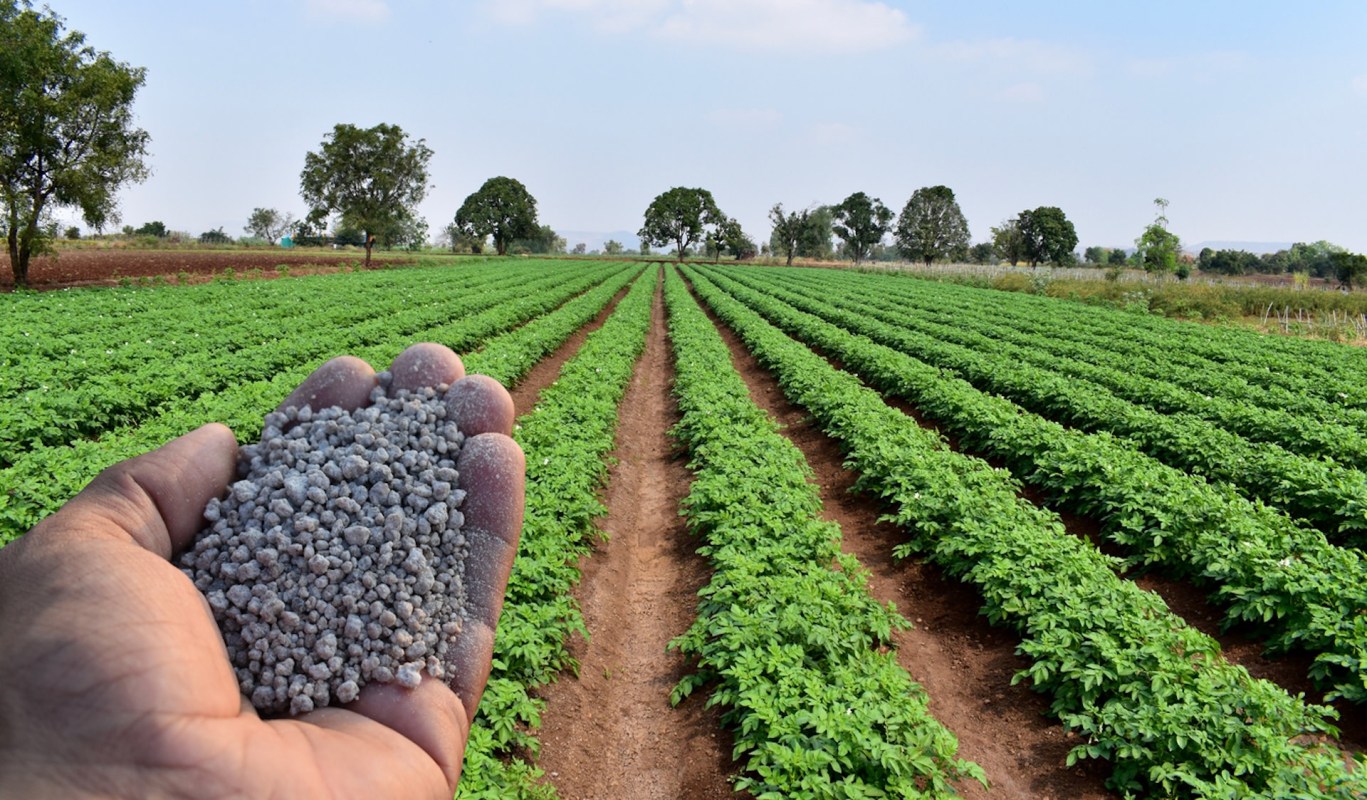In a world where chemical-laden fertilizers are poisoning our soil and water, a metal-clad bacteria might be the only organism that can save the day.
While maybe a little dramatic, that action movie-like billing isn't far from reality when it comes to research published by the American Chemical Society. Perhaps with Iron Man in mind, researchers have developed a thin metal mesh coating, including some other compounds (polyphenols), that protects bacteria from freeze-drying, temperatures up to 122 degrees Fahrenheit, and intense humidity.
The bacteria's goal is to capture nitrogen, converting it to a form that plants can eat through a process called fixation. The bacteria combines the nitrogen with hydrogen and oxygen to make a plant-friendly compound. In turn, the plants grow the food we eat, providing nitrogen for our diets, all according to a video clip from Britannica.
The coating could safeguard the bacteria during travel to distant farmlands, which has been a hurdle for the science so far, according to a report from Anthropocene.
"Nitrogen-fixing bacteria are absolutely essential for life," The Open University's Professor Charles Cockell said in the clip.
Chemical fertilizers complete this task artificially but can also contaminate water supplies and soil, according to the Environmental Protection Agency. Worse yet, Anthropocene reported that the production of common fertilizers generates up to 1.5% of the world's planet-warming air pollution annually.
That's why the "legions of armored bacteria" — as dubbed by Anthropocene's Emma Bryce — could be a game-changer for the food system as an alternative to chemical fertilizers.
The team has tested 12 types of coatings with great results. Corn and bok choy germination rates improved by 150%, according to the Anthropocene report.
It's an example of how we can adapt our food system for better sustainability. Reducing fertilizer's impact on soil and water is being researched at the University of Texas, as well. The team there is developing a hydrogel that catches nitrates before they impact the environment.
The metal coating concept is borrowed from the medical field. Anthropocene reported that similar tech shields certain medications as they pass through the body.
In agriculture, the innovation seems ready to protect the bacteria long enough to survive travel to farms for application, living for months when the temperature was under 86 degrees Fahrenheit in studies, per Anthropocene.
The next step, according to the report, is turning the bacteria into a dry powder that can be easily transported.
"Getting closer to that reality will require a huge scale up of the researchers' invention … Long-term, they believe these microscopic power houses could even 'be viable, sustainable alternatives to chemically-produced fertilizer,'" Bryce wrote for Anthropocene, echoing the lab report.
Join our free newsletter for weekly updates on the coolest innovations improving our lives and saving our planet.









